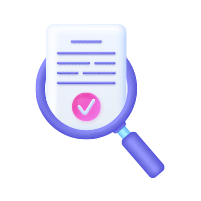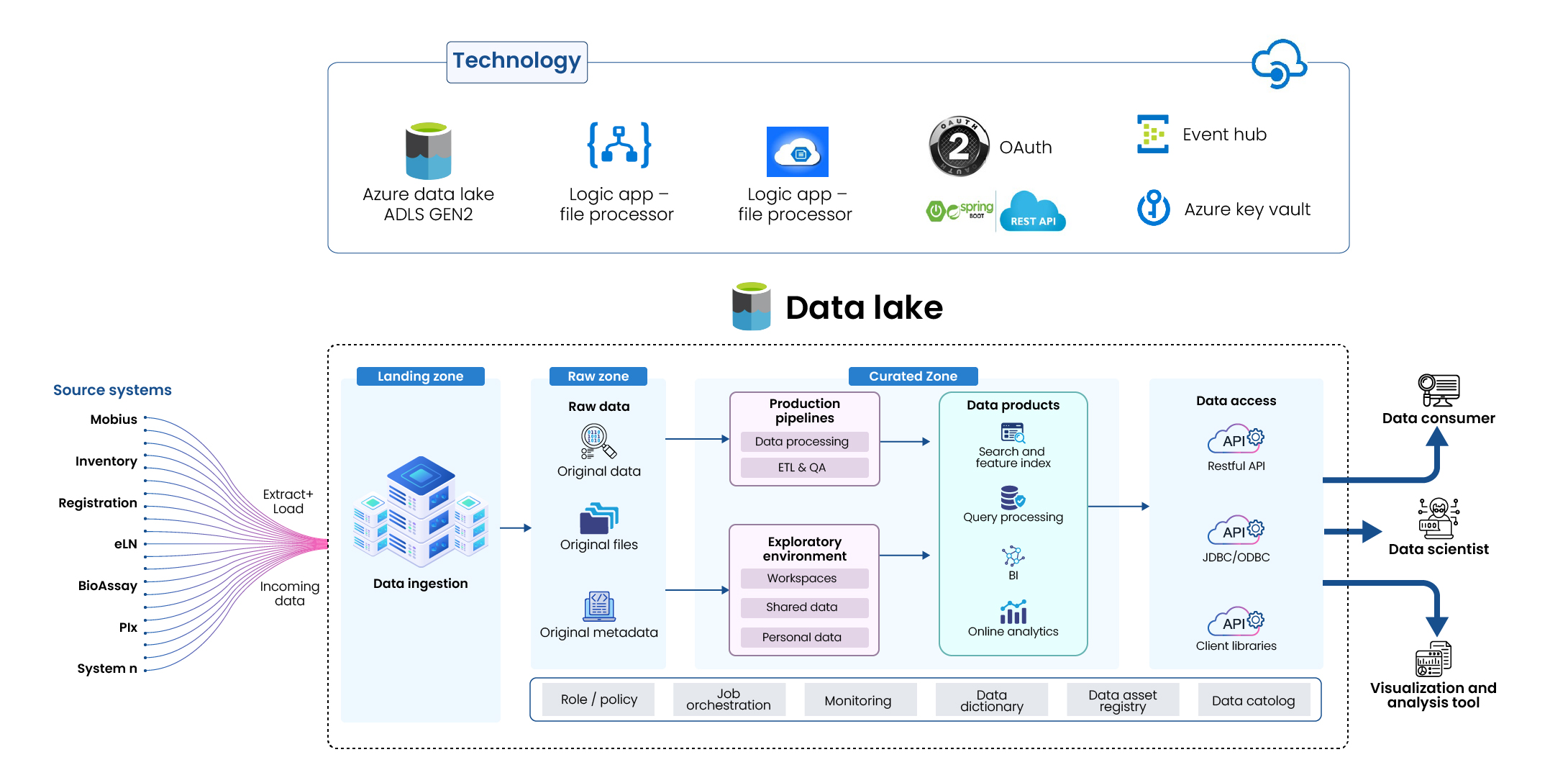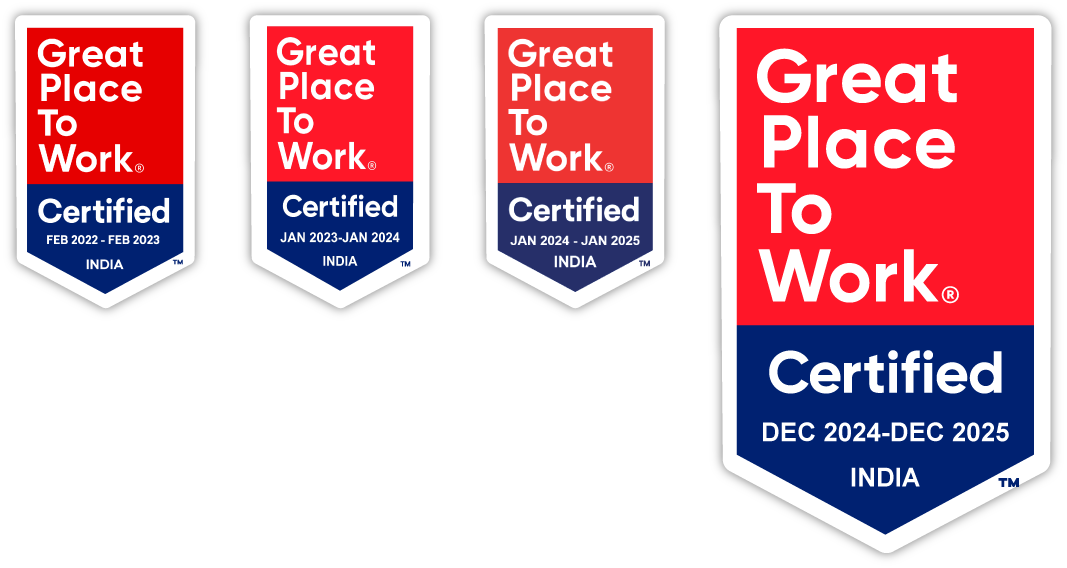Overview
A global animal health company partnered with Excelra to transform its fragmented clinical data ecosystem following separation from its parent firm. Faced with legacy systems and data silos, the company needed a scalable solution to enable data-driven R&D. Excelra implemented a unified Azure Data Lake architecture, migrating data from ELNs, genome platforms, and Scilligence into curated, accessible zones. This overhaul resulted in ~70% faster data retrieval, ~50% improved analytics turnaround, and 15–20% cost savings. The future-ready solution enhances real-time insights, supports AI/ML, ensures regulatory compliance, and empowers scientists and analysts to collaborate effectively and drive innovation in animal health.

Our client
A global leader in animal health dedicated to delivering innovative products and services for the care of farm animals and companion pets. With a strong focus on research and development, the organization had generated large volumes of clinical and genomic data across global operations. After separating from its parent company, the client required a new scalable and modern digital infrastructure that could help harmonize their clinical data and accelerate research, maintain regulatory compliance, and enable actionable insights. However, data was stored in legacy systems and was fragmented across silos—limiting accessibility and delaying critical analytics. The client wanted the leverage our Scientific Informatics capabilities to migrate, harmonize and annotate this legacy data from on-prem server to a centralized Azure data lake environment.

Client’s challenge
Following a strategic separation from its parent organization, a leading global animal health company embarked on a transformation journey to establish itself as a fully independent entity. A key priority during this transition was to migrate and consolidate its clinical data assets into a new, standalone infrastructure that would support its R&D goals, enhance decision-making, and ensure seamless enterprise-wide data accessibility.
Over the years, the client had accumulated a vast volume of clinical data generated from diverse R&D and operational activities. However, this data resided in legacy platforms and siloed systems, including tools such as Scilligence, Electronic Lab Notebooks (ELNs), and their genome sequencing platforms—each housing critical but isolated datasets.

Client’s goals
The fragmented data landscape presented several operational challenges: limited data accessibility, inconsistent data formats, delayed analytics workflows, and reduced agility in responding to scientific and business needs. Researchers and analysts often struggled to retrieve or integrate relevant datasets, resulting in inefficiencies and missed insights.
To address these challenges, the client partnered with Excelra to design and implement a modern data infrastructure, with the primary objective of migrating and harmonizing all relevant clinical data into a centralized Azure Data Lake environment. This migration was not only needed to ensure a secure and structured storage of historical and ongoing data, but to also enable:
- Improved data availability across teams and departments.
- Advanced analytics capabilities, including AI/ML-driven insights.
- Scalable architecture for future data growth and new data types.
- Seamless access for data consumers, from scientists and bioinformaticians to business stakeholders.
Our approach
Excelra executed a comprehensive cloud data migration and Azure Data Lake implementation strategy, designed to unify the client’s fragmented clinical data landscape and enable a modern, analytics-ready infrastructure. The approach was grounded in robust architectural design, secure and automated data pipelines, and user-centric access controls, ensuring both technical excellence and business relevance.

Discovery & planning
- Conducted an in-depth assessment of diverse legacy data sources including Scilligence, Electronic Lab Notebooks (ELNs), and Genome Sequence/Resequence platforms, etc.
- Collaborated with key stakeholders to define business use cases, data access needs, and technical requirements.
- Created a detailed migration blueprint, incorporating data security policies, access governance, and architectural best practices aligned with Azure cloud standards.
Data migration & infrastructure setup
- Executed seamless migration of both historical and real-time clinical data using Azure Data Pipelines, ensuring zero data loss and high integrity.
- Implemented a modular architecture comprising Raw, Curated, and Exploratory zones, enabling clear data lineage and processing flexibility.
- Leveraged Azure Blob Storage and Logic Apps for automated file ingestion, monitoring, and pre-processing.
Metadata management & data governance
- Developed a comprehensive data dictionary, asset registry, and metadata catalog to ensure traceability and facilitate data discovery.
- Integrated QA and validation workflows directly within ETL pipelines to enforce data quality standards.
- Enabled metadata tagging for enhanced searchability, data lineage tracking, and regulatory compliance.
Our Azure-based solution architecture
- The Azure Data Lake solution was designed for scalability, traceability, and ease of use:
- Landing Zone: Secure staging area for ingesting files from source systems such as Mobius, Inventory, ELN, BioAssay, and PIX.
- Raw Zone: Central repository for storing unaltered datasets along with associated metadata.
- Curated Zone: Repository of cleaned, standardized, and validated data prepared for operational and analytical use.
- Exploratory Environment: Dedicated workspaces that allow scientists and analysts to perform ad hoc analyses, develop models, and collaborate in real-time.
- Data Products Layer: Supports enterprise-wide consumption of insights through D360 dashboards, BI tools, and integration interfaces via REST APIs, JDBC/ODBC, and client libraries.
Key performance outcomes
5+ legacy systems consolidated (e.g., Scilligence, ELN, Genome Sequencing platforms), eliminating data silos and manual integration.
~70% reduction in data retrieval time due to centralized, searchable data catalog and harmonized access.
~50% improvement in analytics turnaround time enabled by standardized, analysis-ready datasets in the curated zone.
15–20% annual cost savings realized by retiring legacy infrastructure and moving to scalable cloud-based storage and processing.
30–40% increase in scientist and analyst productivity through self-service data access and ad hoc exploratory environments.
99.9% pipeline uptime and reliability achieved via automated, monitored Azure Data Factory and Logic App workflows.
100% metadata tagging and lineage coverage ensuring full traceability, discoverability, and regulatory audit readiness.

Strategic business impacts
- Enterprise-wide collaboration: Unified data environment breaks down silos, allowing cross-functional teams (bioinformatics, regulatory, commercial) to collaborate seamlessly.
- Accelerated R&D cycles: Scientists now access curated, high-quality datasets in real-time, shortening research timelines and improving time-to-market for new products.
- Enhanced decision-making: Business and scientific stakeholders can now derive AI/ML-driven insights across historical and real-time data through D360 dashboards and APIs.
- Future-ready architecture: Scalable infrastructure supports integration of new data types, ensuring long-term agility for evolving research needs.
- Reduced operational costs: Sunset of legacy platforms and consolidation to Azure cloud yields estimated 15–20% savings in infrastructure and licensing costs annually.
- Regulatory compliance & audit readiness: Metadata cataloguing, data lineage, and validation workflows enable the client to meet evolving compliance standards more efficiently.
Conclusion
Excelra enabled a leading animal health company to modernize its data infrastructure by migrating fragmented clinical and genomic data from legacy systems into a centralized Azure Data Lake. This transformation improved data accessibility, accelerated analytics, and enhanced collaboration across teams. Key outcomes included ~70% faster data retrieval, ~50% improvement in analytics turnaround, 15–20% cost savings, and a 30–40% boost in productivity. The new platform supports real-time insights, regulatory compliance, and future AI/ML integration—positioning the client for scalable, innovation-driven R&D.

